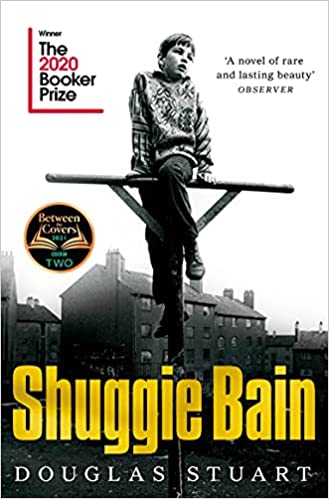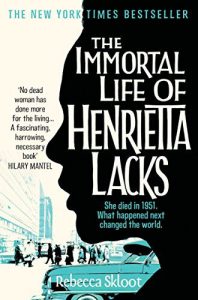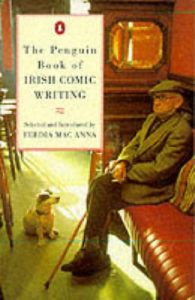
I found this novel to be a big read in every way. It is long, gripping and challenging and has stayed clearly in my mind since I finished it two months ago. It follows the life of the child Hugh or Shuggie as he moves from Sighthill in Glasgow in 1981 to what was to be a new start with his family the following year in Pithead, a desperate community on the edge of the city, surrounded by slag heaps, where the boy lives for 7 years before moving to the East End. Brought up by loving Catholic parents, Agnes his mother is feisty, opinionated and proud. She is also an alcoholic, a condition that Shuggie’s older sister and brother have lived with throughout their lives. The sister moves abroad and marries and when his brother also moves away, Shuggie is truly alone. Much of the novel reflects Douglas Stuart’s own life during the Thatcher era when many working class men lost their jobs. He presents life as it is, but I never found the violence nor details of grinding poverty and obsession to be gratuitous. For me, this was not a repeat of Irvine Welsh’s Trainspotting, which I found grim. The humanity and often self-deprecating humour of the Glaswegians are ever present, and above all the reader is aware of a deep bond of love that unites mother and son and keeps you hopeful and respectful of someone so young yet so wise.
From an early age, Shuggie, like every other child who has to be watchful in order to survive, notices everything, and I enjoyed the author’s use of meticulous and sensory detail, which made you feel you were present. Shuggie’s sensitive care of and unconditional love for his mother are deeply moving. While his mother ‘drew a fresh can of lager from a hidden place’ the five-year-old ‘collected the empty cans and spoke to them’. He is aware of the importance of the Littlewoods catalogue in Agnes’s life and that of the other women on the estate, and how ‘five pounds a month would take them years to pay off when the interest was added on top. It felt like they were renting their lives’. Such a phrase is typical of Stuart’s ability to surprise. I cannot recall Shuggie asking for anything, but rather as a ten-year-old quietly taking control of the family purse to eke out basic necessities, and placing a bowl quietly beside his inebriated mother’s side. He is intuitive, resourceful and forgiving. His mother’s shock on realising the Miners’ Club on the Pit Road was the nearest she was going to get to a smart restaurant is summed up sparsely: ‘To think I dressed up nice for that.’ Throughout her tragically short life, beset by failed relationships, bad luck and wrong choices, Agnes takes inordinate pride in her house and her appearance, and Shuggie inherits that refinement, a love of something nice, the feel of lovely material, the look of a special treasure. It comes as no surprise that he undoubtedly becomes a hairdresser. Douglas Stuart himself is a fashion designer in New York.
The novel opens with Shuggie as a 16-year-old school leaver working his shift in the supermarket with his ‘meticulous arrangements of the pots of oily dips and spreads and sliced hams’, his immaculate manners and ability to cope with his lodgings, decades younger than the other tenants. From an early age he sensed he was different, ‘no right’, in the eyes of neighbours: being gay in a tough environment is just one more hurdle he has learned to navigate.
This should be a depressing book, but I found it thought provoking, beautifully written and deeply humane. I laughed, was deeply touched and silenced by much of the narrative. Probably the length should have been cut and at times more careful proof reading carried out, but this Booker prizewinner certainly heightened my awareness of the power to simply be alongside those who suffer and less ready to judge, and increased my respect for all who work with or live with addiction.
Reviewed by a library member. We have a copy in the library.


